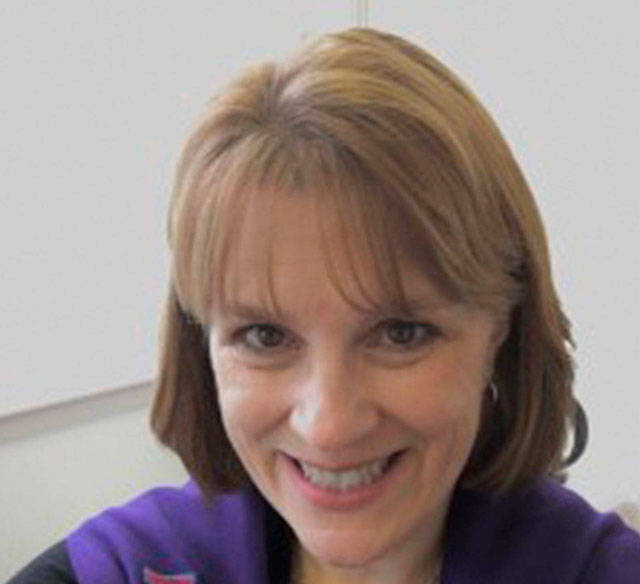At no point in time in my seminary education did anyone tell me or tell any of my colleagues how to lead a faith-based community in the midst of a global pandemic.
The very moment that people need to gather the most is the same moment in which we are all learning to practice social distancing and live our lives as if we carry a virus that could kill the very people we love. Knowing my on-island faith community colleagues, I recognize that I am not alone in feeling a sense of helplessness. While we scramble to learn the technology to stream our worship, our meetings, even our pastoral care, we daily and consistently bump into the limitations that this virus has brought to all of us.
And yet, the very thing that separates us also binds us together. My health is dependent on you and your care, your mindfulness of how you move about in the community. And your health is equally dependent on me. Whether we want to be connected or not, we are, and not just locally but globally. Planet-wide, human beings are being reminded in real time that we impact one another for good or for bad.
I suspect part of what faith communities will learn/are learning during this time is something quite similar, that we are bound to one another and have the ability to impact each other for good or for bad. There are people in the world around us who carry deep wounds from bad experiences. And others carry mostly positive ones. Just like with the spread of a virus, how we treat one another has a significant impact on their spiritual, mental and physical health and every single person is created with his/her own unique and sacred worth.
I wonder if this time in history won’t be recorded as a time when we learned that our actions, our behaviors, our words and our presence with others will either offer hope or to take it away. As a pastor, I spend a lot of my time listening to the stories of others, doing my best to hold safe space around them and rarely doing it perfectly. But in the midst of listening to others, one of the things that I have learned is that people want to be known for who they really are. They want to be known and they want to feel safe. And I wonder if that’s not at the heart of being in community.
If we as a church do nothing else during this time, I pray first that we do no harm and second that we record the story of the community around us, the random acts of kindness, the growing awareness that we really are all sisters and brothers. And I pray that we both keep the faith and help to hold hope, hope for these days, hope for all days.
We’ll all keep plugging away at learning technology and picking up the phone to keep connected, to care for one another. And we will continue to look for ways to care for the community around us as well. We will continue to be fallible human beings searching for meaning, doing our best to give witness to our faith and helping where and how we can. We are all in this together, regardless of the labels we wear, the faith we practice, the color of our skin or anything else that defines us. We are all in this together, caring for one another, working together to hold safe space for all.
In time, our doors will all once again be open. My prayer is that each one opens to a place where safe space is found. I also suspect that as we open those doors to our buildings, we will realize in new ways that these buildings don’t define us. If they did, we wouldn’t be constantly reaching for connection right now. There is clearly something more that defines us and something greater at work and for that, I am eternally thankful.
Leigh Weber is the pastor of the Vashon Presbyterian Church.



